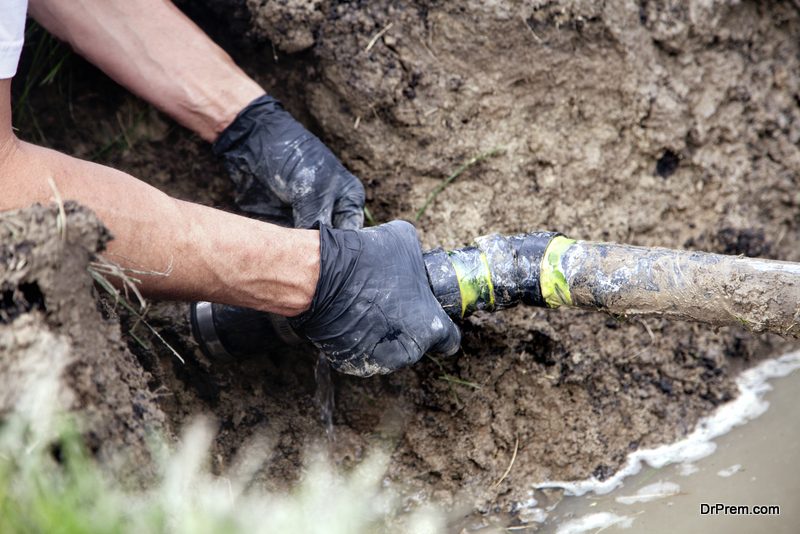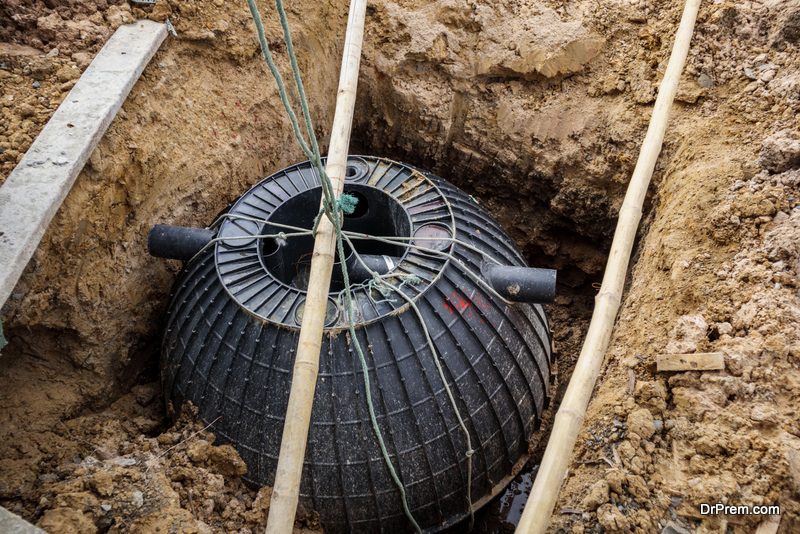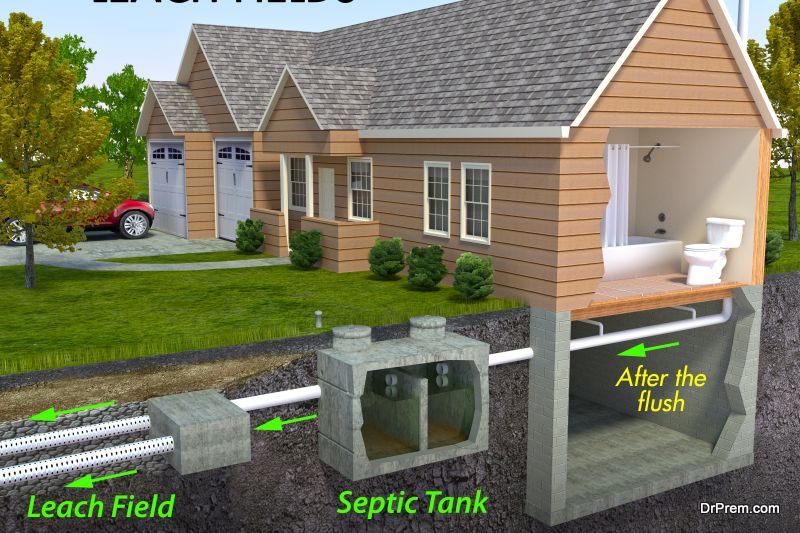Most of us believe that our problems end once we flush the toilet. People rarely give attention to the septic system. Hence, continued ignorance can lead to very unsavory situations. Septic disasters can be quite embarrassing. They can also lead to serious health concerns. To avoid all that, you need to ensure doing these five things.
Trusting the Experts
 You would find one of the best installation practice for sure when it comes to septic tanks, lease fields, cleanout piping, and tank risers. Maybe you did not know that a septic system has all those parts. Now you know! An expert knows what must be included to make the system complete. If you allow a professional to install the system, he or she will ensure that the system follows best practices. He or she will comply with building codes and permits, too. Remember, septic tanks are local. Each site comes with its challenges.
You would find one of the best installation practice for sure when it comes to septic tanks, lease fields, cleanout piping, and tank risers. Maybe you did not know that a septic system has all those parts. Now you know! An expert knows what must be included to make the system complete. If you allow a professional to install the system, he or she will ensure that the system follows best practices. He or she will comply with building codes and permits, too. Remember, septic tanks are local. Each site comes with its challenges.
While you may be tempted to install the drainpipes on your own, there are things that you may ignore. A trained expert will look at the landscaping to ensure that only grass, perennials, and seasonal plants can be planted near the tank or leach field. They will also ensure gutters don’t directly pour into the tank. Direct any floodwater away from the septic system, too. You should not drive or park on top of the septic tank.
Proper use is advisable
Most septic blockages happen because of bad use. Flashing anything other than human waste and septic-safe tissue down the drain is a sure way of blocking your drain. Proper usage involves adding a lid and draining what cannot disintegrate. Don’t flush wipes, towels, tampons, or other materials.
Regular Inspection
 You can schedule all your inspections in spring. Repair broken caps and damaged filters at the same time. Whenever you move into a new facility, check the system for compliance. If you cannot see all the components of the system, you may consult a professional plumber.
You can schedule all your inspections in spring. Repair broken caps and damaged filters at the same time. Whenever you move into a new facility, check the system for compliance. If you cannot see all the components of the system, you may consult a professional plumber.
A plumber can use a camera to map out the system. He or she will help you inspect it for any problems. Issues with blockage, or possible obstruction, can be identified by carrying out thorough mapping of the system. The septic tank can block, affecting the leach field. By the time the leach field starts changing the grass nearby, the problem is big already.
Regular Maintenance
Proper maintenance involves regular pumping of waste out of the tank. Regular drains should be done every three years. Pumping the drain is a late-spring endeavor. Any other time will not yield optimal results. Notice that this is not a DIY activity. Always let a professional handle all the pump duty.
Know the level of your tank
Smart septic installations can improve the overall quality of the septic system. A liquid level sensor can be used for the alarms system. The liquid level sensor will give you a timely update of the level of the tank. You don’t have to wait until the disaster strikes. It can also minimize the cost of pumping as you will only pump when it is necessary.
Prevention of septic disasters involves proper installation, proper usage, regular inspection and proper maintenance. You can also monitor your tank regularly using a liquid level sensor.
Article Submitted By Community Writer




